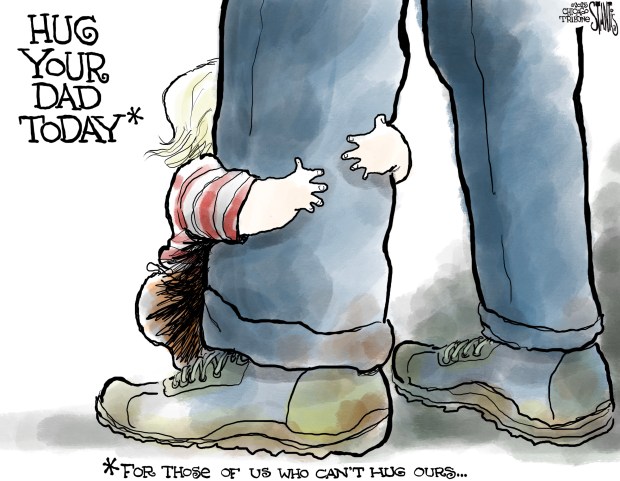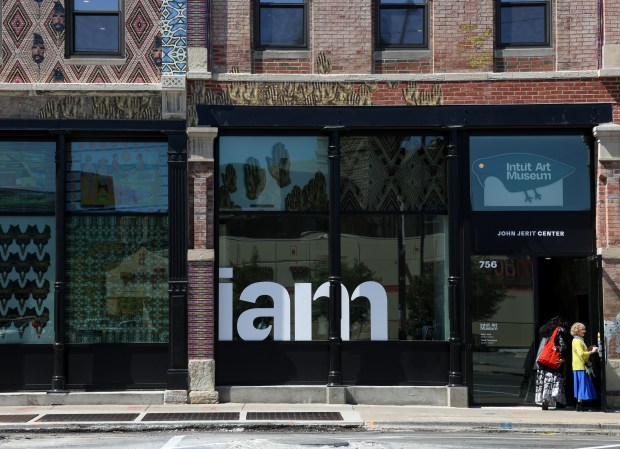Chicago has long been without a centralized plan for how to support victims and survivors of violent crime, but a significant shift is underway. Mayor Brandon Johnson’s administration recognizes the urgent need to support survivors of violence and is embarking on a groundbreaking journey, developing intentional pathways to respond to violence and provide much-needed support for victims of violence.
We stand at a crossroads where the absence of a unified, trauma-informed training and certification pathway for victim advocates has left a void. Without a comprehensive, citywide system of care, our residents are left vulnerable to a repeating cycle of violence and trauma that threatens whole communities. The city is spearheading a collaborative effort under Johnson’s community violence prevention and intervention road map, “the People’s Plan for Community Safety,” bringing together a diverse array of community members to shape and implement a comprehensive victim advocate certification and training program.
Central to this endeavor is the concept of co-creation. Every voice matters, especially those of survivors, community-based victim advocates and other community stakeholders who have long been providing direct, long-term support to survivors. Their lived experiences and invaluable insights are woven into our strategy, ensuring that the resulting training resonates with all who engage with it.
The result is two key initiatives: Victim Advocate Training and Certification and Victim Services Coordination. These initiatives will allow the city to better respond to the needs of survivors and create a more supportive, compassionate ecosystem for the residents who are most severely affected by community violence.
Next month, these teams will launch two programs focused on changing the plight for victims and survivors of violent crime. A victim advocate training program pilot will take place at City Colleges of Chicago, introducing the first cohort and beginning the process of creating the first city-run certification program for victim advocates. At the same time, some victim advocates operating in our city will come together to define rules of engagement and communication protocols when responding to violent incidents and providing trauma-informed support to survivors.
The goal is ambitious yet essential: to equip every victim advocate in Chicago with standardized training. This is not just about checking off boxes; it is about fostering an environment in which survivors of violence receive the support they deserve on their journey to healing.
But training is only part of the equation. In the immediate aftermath of a violent incident, a timely and coordinated response is paramount. This is where the Victim Services Coordination initiative steps in. Recognizing the crucial need for communication among victim advocates, this initiative sets out to establish standardized protocols for effective coordination.
In a city as diverse and dynamic as Chicago, one size certainly does not fit all. That is why community feedback was essential to creating this plan. From Englewood to Rogers Park, every voice matters. Community input ensures that response strategies are not just timely but also tailored to the unique needs of each neighborhood and its residents.
Survivors have spoken, and their message is clear: The right response, at the right time, can make all the difference. The people of Chicago are indeed the true experts, and their wisdom guides every step of this journey.
By year’s end, Chicago will witness the fruition of these efforts: a fully operational victim advocate training program and a pathway to certification that is tested and refined within our communities. Moreover, standardized procedures for notification and a coordinated multistakeholder response will lay the groundwork for a safer, more supportive city for all.
Stopping violence and building up our communities with intentional investments that address the root causes of harm are the priorities. I, for one, am proud to have a strategy in place with elements like this. With the help and support of stakeholders and the community, we can continue to take these strides toward a better, stronger, safer Chicago.
Garien Gatewood is deputy mayor of community safety for the city of Chicago.
Submit a letter, of no more than 400 words, to the editor here or email letters@chicagotribune.com.




